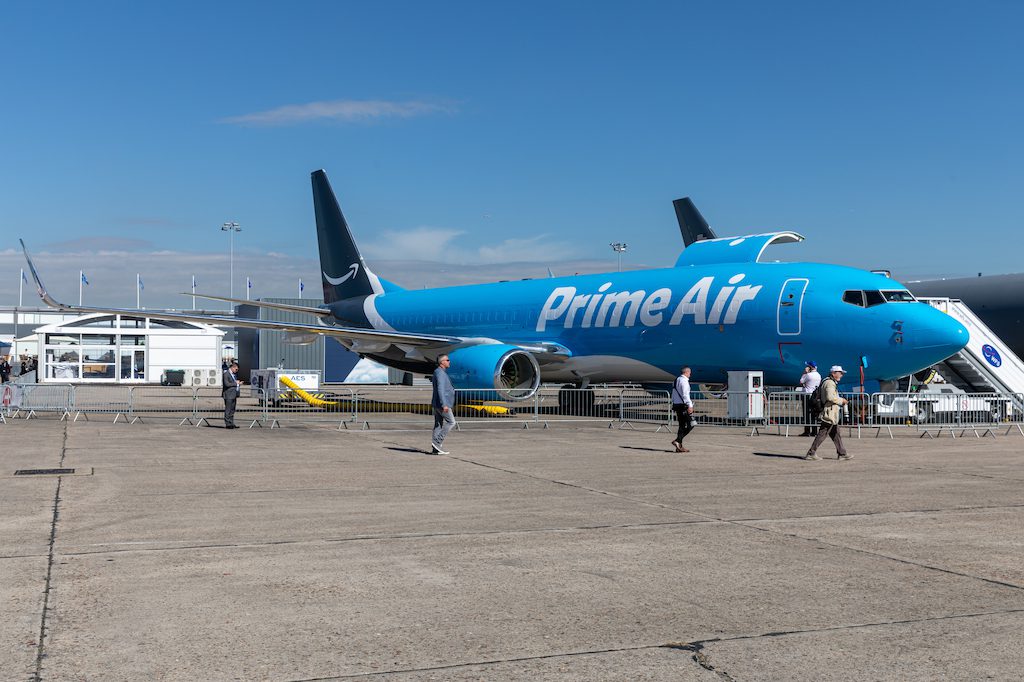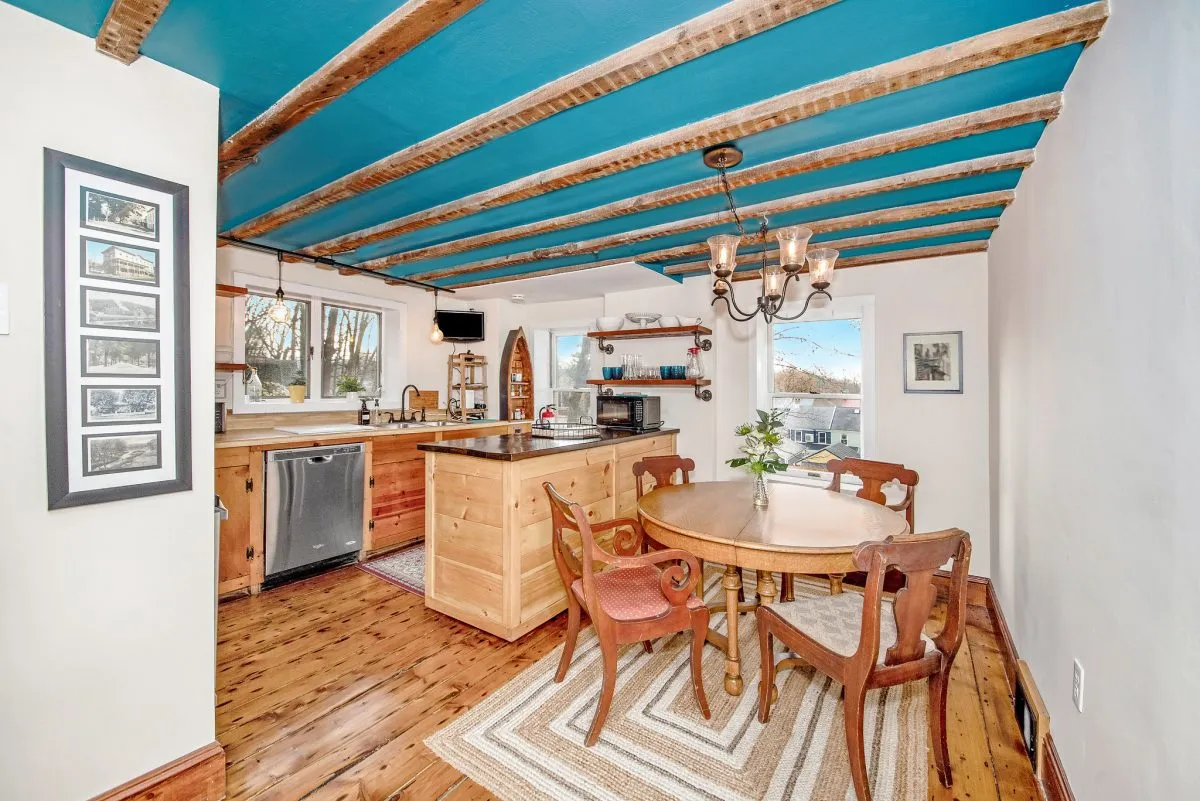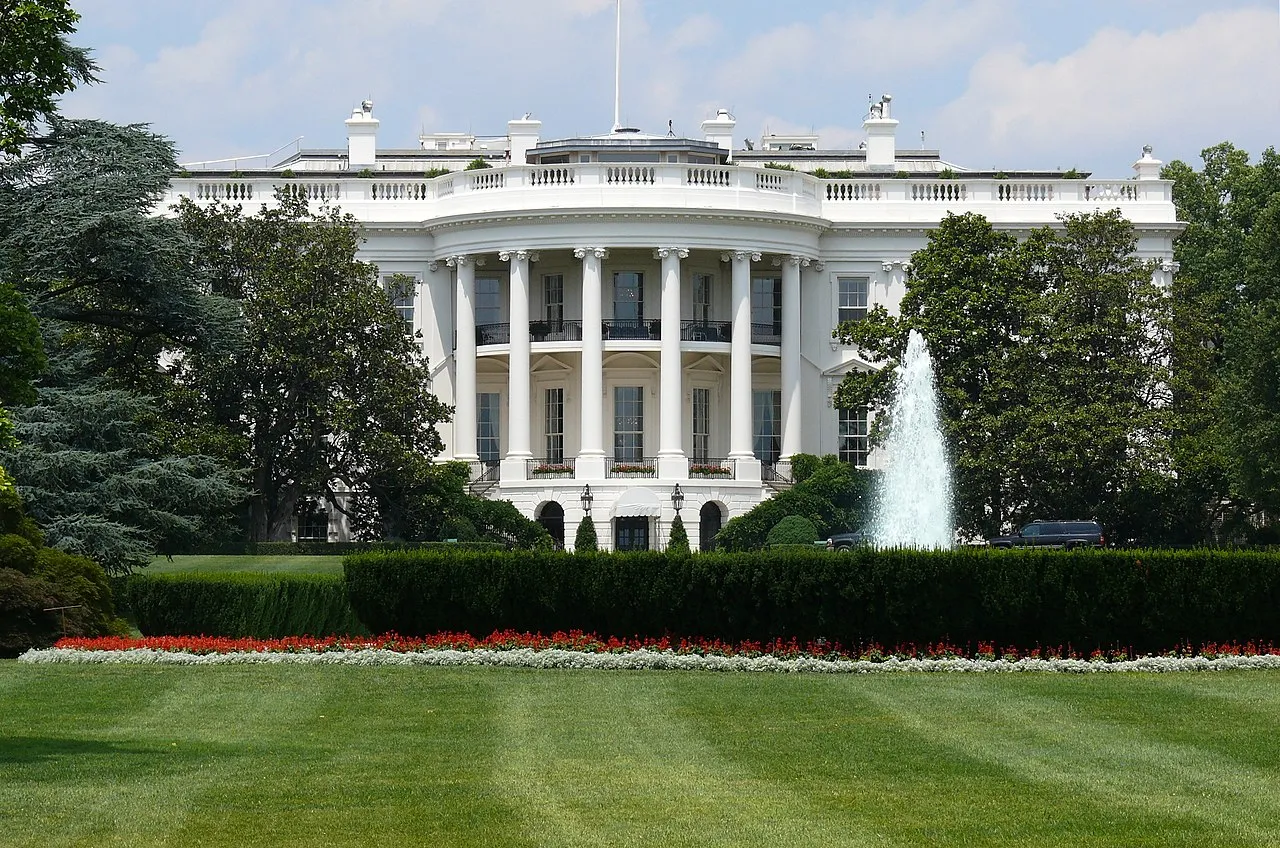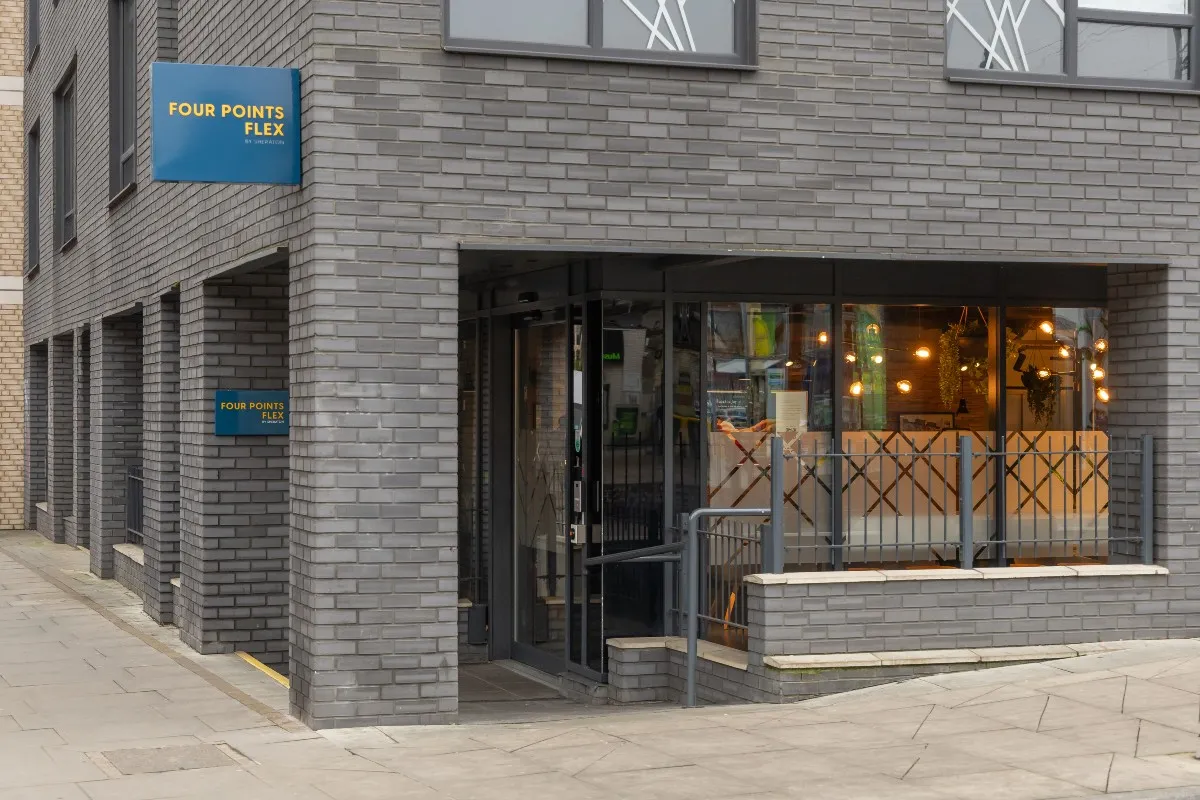How Tiny Sun Country Struck an Unlikely Deal With Amazon to Transport Packages

Skift Take
Sun Country Airlines CEO Jude Bricker approached Amazon almost a year ago to try to sell it a used Boeing 737. Amazon wasn't interested, but a few months ago, its executives reappeared to float another idea: Would Sun Country fly cargo airplanes for the shipping giant?
It was an unusual request. With narrow-body aircraft, passenger airlines typically fly people, while cargo carriers fly freight. However, Bricker was intrigued. Since his time earlier this decade choosing new routes for ultra-low-cost-carrier Allegiant Air, Bricker has been more interested in profits than airline industry tradition. Bricker said yes.
It took some time to hash out details. But on Tuesday, the two companies announced Sun Country soon will operate 10 Boeing 737 freighters for Amazon, shuttling packages, not people, around the country during a six-year-contract. Amazon will own the freighters and decide where they fly, but the airplanes will be flown by Sun Country pilots under Sun Country's operating certificate.
For Amazon, which has long been one of America's most innovative and tough companies, the move is business as usual. Amazon has been using several airlines to operate its Amazon Air division, but pilots at one Amazon contractor, Atlas Air, have been in a protracted labor dispute with management. The Sun Country deal may give Amazon leverage against pilots who say they’re underpaid and poorly treated.
Sun Country probably isn't too worried about the labor dispute. Instead, Sun Country's decision shows it is willing to take risks to shed its past reputation as a bloated, poorly run company mired in bureaucracy.
Until private equity firm Apollo Global Management bought Sun Country in December 2017, the airline was among the world’s most risk averse airlines. Even though it was tiny, it tried to mimic giant carriers, like Delta Air Lines. From its hub in Minneapolis, Sun Country flew the same types of routes as Delta, with similar seats and service. The biggest differences came in the financials: Delta's racked up big profits, while Sun Country just about broke even.
Bricker was given a new mandate — to make money. He dropped first class and cut service levels in economy class and at airports. Bricker, who is known for his frugality, even moved the airline from upscale office space to a new offices in Sun Country's hangar at Minneapolis−Saint Paul International Airport.
Bricker also remade the airline's route network, deciding Sun Country would fly nearly any point-to-point route that could make money, regardless of whether the airline had brand equity in the market. If Sun Country is cheaper than the competition, he has reasoned, customers will find it. For the most part, his strategy has worked. And when it does not, he cancels the route and moves on.
Under the CEO’s lead, Sun Country even has experimented with bus service, contracting with a company called Landline that brings passengers from smaller Minnesota cities, like Duluth, to the big airport in Minneapolis.
For the airline world, all that stuff is innovative, and it has helped boost the carrier’s fortunes. But that approach can only get it so far. To a varying degree, three other U.S. carriers — Frontier Airlines, Spirit Airlines and Allegiant Air— all pursue the same approach of flying underserved point-to-point routes.
With only about 30 airplanes, Sun Country is far smaller than all of them, which can be a problem in a scale business. As Bricker told me by phone Tuesday after announcing the agreement with Amazon, "we don't want to be the fourth to do the same kind of flying that they are doing.”
That’s what made the Amazon offer so enticing. Sun Country already operates a lucrative charter business, with clients like the U.S. Department of Defense. Bricker figures this is similar, allowing the airline to achieve “rapid growth without a lot of capital investment.”
While cash is the obvious reason for the deal, Sun Country may win in less evident ways. Sun Country is a leisure-oriented airline that still, even with the changes to its network, makes the bulk of its profits in Minneapolis in the first quarter, when Minnesotans will pay nearly any price to escape the harsh winter.
Running the airline at full capacity during January and February requires a lot of pilots and mechanics, and all of them need to be on the payroll year-round. Historically, there's less for them to do during the slower seasons, but Sun Country now will be able to use them to support the Amazon operation.
Amazon is expected to ramp up its need for Sun Country's pilots and mechanics at exactly the time the core airline slows down, including in December, before the Christmas holiday. As Bricker put it, "It helps us balance our our seasonality.”
Amazon may have approached other U.S. airlines, too. But given Sun Country’s market position and its unusual strategy, it’s little surprise it was the first airline to say yes to Amazon. To survive, Sun Country must innovate.
"There is absolutely a need to do things differently,' Bricker told me. "We try to rethink everything."
This column has been updated with more detailed information about airlines already flying for Amazon.




